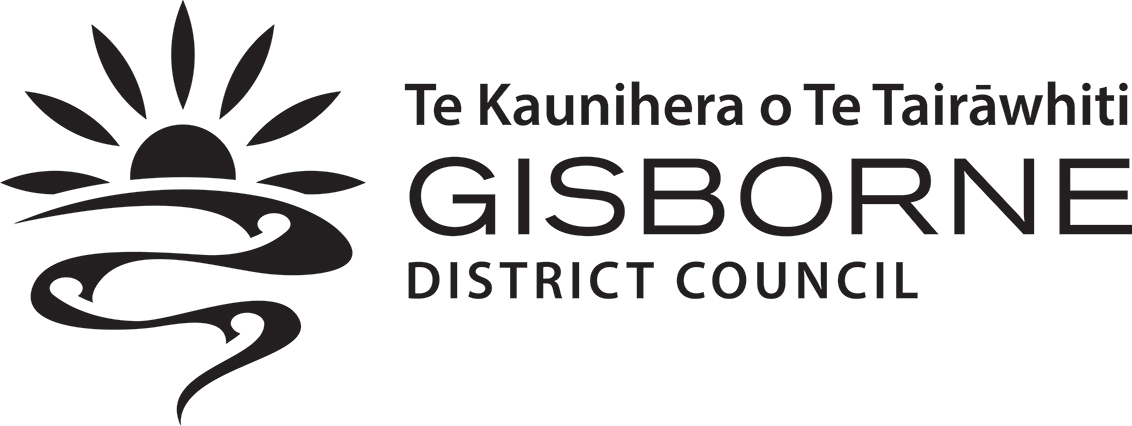The Natural Heritage Fund is to assist private landowners to protect or enhance indigenous biodiversity on their land.
The fund is made available instead of rates remissions on a limited number of properties. Biodiversity protection and enhancement is a core activity of regional and unitary councils.
Any privately owned land within the Gisborne district is eligible for funding.
There's up to $100,000 funding available for one or more projects. Applications are ranked on biodiversity merit and approved to the extent of available funds.
Applications will open 1 July and close 20 August.
Eligible activities include:
- permanent stock exclusion fencing (excluding maintenance of existing fences) for the purpose of allowing natural regeneration
- purchase of locally sourced native plants and trees where new planting is to be carried out voluntarily
- other practical protection measures will also be considered
To apply for funding
Check if you meet the eligibility criteria and complete the application form. Check the information required with your application.
No results found for ""
- Any privately owned land within the Gisborne district is eligible.
- There must be no overdue rates or other outstanding charges owed to Council.
- Projects must show long-term landowner commitment to enhancing biodiversity, but the project is likely to be unsuccessful in securing funding through central government.
- At least 50% of the total cost of the project is to come from an alternative source.
- There must be a demonstrated ongoing commitment to maintain the natural area eg. stock exclusion, plant and animal pest control where necessary.
- Written permission of the landowner(s) must be received with any application.
- Activities required by resource consent or rules under Gisborne statutory plans are ineligible.
- The grant will not be retrospective.
Your application must include the following:
- the location and address of the land, including the valuation assessment number of the properties
- name and contact details of the landowner(s)
- the aim of your project in the immediate and longer term (provide as much detail as possible)
- a sketch map or aerial photo of the area to be treated
- a description of what you're going to do to improve indigenous biodiversity values
- the estimated total cost of the project funding
- other funding secured (must be up to 50% of project costs) and can include landowner investment
- the projected benefits expected of the project once fully implemented eg. educational opportunities, enhancement of wildlife
- the plans for long-term management of the indigenous biodiversity values
- the name and contact details of the person or group coordinating the project
Applications will be ranked on biodiversity merit and approved to the extent of available funds.
2023 Natural Heritage Fund allocated to:
| Journey’s End Station Feral - cat trapping project | $7,300 |
| Moanui Station - whio project | $8,400 |
| Riverpoint Road - Maungarongo wetland margin project | $6,200 |
| Te Aroha Bush PMA - fencing project | $20,000 |
| Mangaparae Papakainga - restoration project | $8,000 |
| Kotare Station Kahikatea - fencing project | $8,000 |
| Monowai Station - wetland project | $15,000 |
| Riverton Orchard- Maungarongo wetland margin project | $10,000 |
| Aerial Station - fencing project | $10,000 |
| Eastwoodhill Arboretum - riparian project | $8,200 |
| Te Arai River - riparian project | $8,000 |
| Haunui Station - wetland restoration project | $8,000 |
| Hillview Station - fencing project | $8,000 |
| Ahititi Station QEII - weed control project | $900 |
| Whangara Farms - revegetation project | $5,000 |
| Hikutai Station Waikohu River - riparian project | $7,000 |
| Anaura Inc. - planting project | $2,000 |
